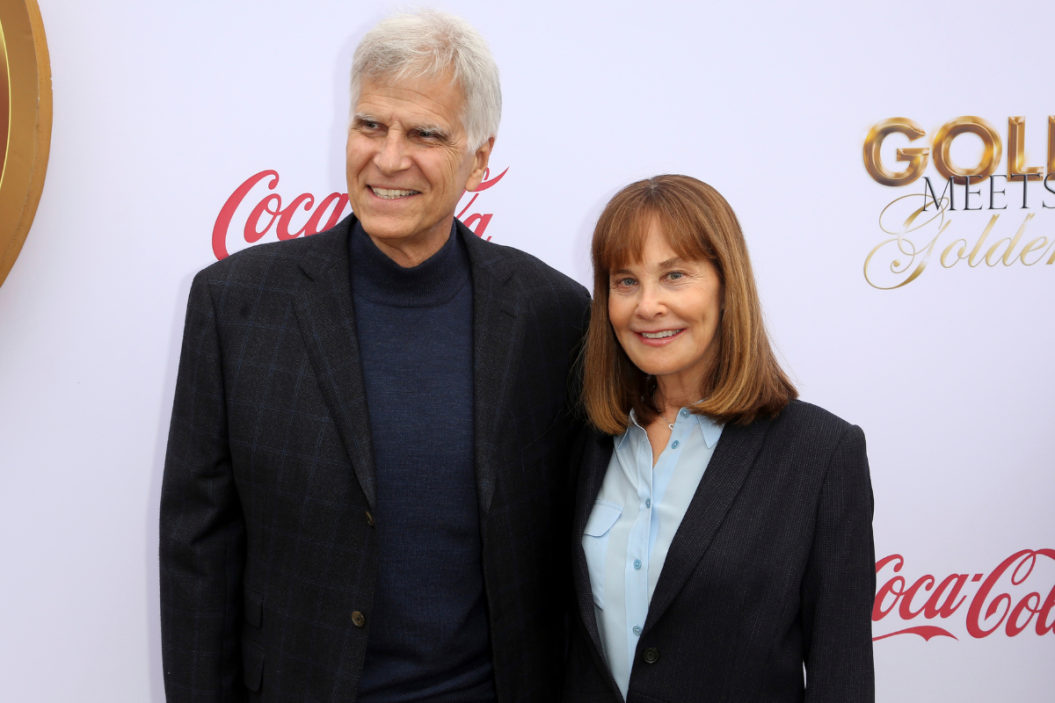Before there was Michael Phelps, there was Mark Spitz. And Phelps never rocked an iconic mustache, either.
Until Phelps came along, Spitz was an unparalleled Olympic swimmer. Hell, he's an Olympic legend regardless of the sport.
Then, as quickly as the American Olympian made a splash, he was gone. So what became of swimming legend Mark Spitz after he hung up his Speedo to dry for good?
Mark Spitz: The Summer Olympics Legend
RELATED: Missy Franklin is an Olympic Legend, But Where is She Now?
Born in Modesto, California, Spitz was breaking age-group records from the time he was a child.
His first significant appearance on the swimming scene was at the 1965 Maccabiah Games, where he won four gold medals. Next came the 1967 Pan American Games, which took place in that iconic swimming spot of Winnipeg, Manitoba, Canada.
Once again, Spitz dominated — he was a five-time gold medalist by the time the event ended.
Of course, all of this was just a precursor to his first Olympic Games. Spitz would make his debut on swimming's most prominent stage at the 1968 Olympics in Mexico City.
Spitz already had 10 world records before his debut as an Olympic athlete, so the teenager was quite confident. He predicted that he would take home six Olympic gold medals, but instead had to settle for only two.
In fact, both of those golds came in freestyle relay events. Spitz took home a silver in the 100-meter butterfly and a bronze in the 100-meter freestyle. Still, by Spitz's own standards and golds, the new Olympic champion was disappointed.
Spitz was still young. So he followed up his Olympics debut by attending Indiana University, where he continued honing his swimming skills under Indiana coach Doc Counsilman. It worked, as Spitz won eight individual NCAA titles and the James L. Sullivan Award for the top amateur athlete in the United States.
This set the 1972 Munich Olympics stage when Spitz would cement his legacy as an all-time great dominant force in the pool.
There's no need to be coy about his Munich success. At the 1972 Olympics, Spitz swam in seven events. He won gold in every single event and set a new world record every time he jumped into the pool.
It was incredible and, at the time, unheard of. Spitz's seven golds were the most at a single Olympics until Phelps won eight golds at the 2008 Olympics in Beijing. Spitz also became one of only five nine-time gold medalists in Olympics history.
Then, he retired. Spitz was only 22 when he decided his competitive swimming days were done.
After the 1972 Olympics & Now
A newly-minted celebrity, Spitz, tried his hand at acting, but it didn't really take. He has, however, appeared in some advertisements over the years, including doing a Snickers ad with Evel Knievel.
After returning from the Olympics, he met Suzy Weiner, who was a student at UCLA at the time. Less than a year later, they would be married. They are still together and have two sons: Matthew and Justin.
Prior to the 1992 Olympics in Barcelona, Spitz attempted to qualify for the Olympics at 41 years old. It was a bit of a gimmick, as filmmaker Bud Greenspan offered him a million dollars if he could do it (and of course, Greenspan got some footage from the whole thing as well).
However, Spitz fell short, ending the comeback.
He has apparently had more success in recent years in the world of real estate and motivational speaking. Spitz is also on the water as much as he's in it these days. He took up sailing and even competed in some sailing events.
Forever tied to the Olympics at this point, Spitz has occasionally popped his head up in that world. He took the IOC to task in 1999 for their drug-testing policies. He supported Istanbul's bid to host the 2020 Summer Olympics, which eventually went to Tokyo.
You can also find Spitz in basically every swimming (and Jewish athlete) hall of fame you can name.
Spitz and his wife currently live in Los Angeles and apparently you can still find him swimming at UCLA, even though he is now in his 70s.
Hey, they called him "Mark the Shark," and we all know that if a shark stops swimming, it'll die.
